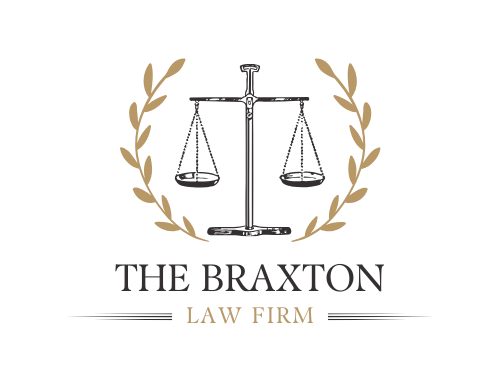What Is Litigation?
Litigation is the legal process used to resolve disputes through the court system. When two or more parties cannot reach an agreement on their own, litigation allows a judge—or in some cases, a jury—to decide the outcome based on the facts and the law. It is the formal means by which individuals, businesses, or organizations seek to enforce or defend their legal rights.
The Stages of Litigation
While every case is unique, most litigation follows several key stages:
- Pleadings: The process begins when one party (the plaintiff) files a complaint with the court, outlining the claim and the relief sought. The opposing party (the defendant) responds with an answer or motion challenging the claims.
- Discovery: Both sides gather evidence through written questions, document exchanges, and depositions. Discovery allows each party to understand the facts and strength of the other side’s case.
- Pretrial Motions: Attorneys may file motions asking the court to make specific rulings before trial, such as dismissing parts of the case or deciding key legal issues.
- Trial: If the dispute is not resolved through settlement, the case proceeds to trial. Both sides present their arguments, evidence, and witnesses. The judge or jury then delivers a verdict.
- Appeal: After trial, the losing party may have the right to appeal the decision if there were legal errors that affected the outcome.
Civil vs. Criminal Litigation
Litigation can occur in both civil and criminal contexts.
- Civil litigation involves disputes between private parties, such as contract issues, property disputes, or personal injury claims. The goal is typically compensation or enforcement of rights, not punishment.
- Criminal litigation involves the government prosecuting an individual or organization accused of committing a crime. The goal is to determine guilt and impose penalties such as fines, probation, or imprisonment.
The Role of Litigation in the Legal System
Litigation plays a vital role in upholding justice, ensuring accountability, and clarifying the law. It provides a structured process for resolving complex disputes when negotiation, mediation, or arbitration cannot achieve a fair resolution.
Because litigation can be time-consuming and costly, many cases settle before trial. However, when a fair settlement is not possible, litigation provides a decisive and legally binding outcome that protects the rights of all parties involved.
